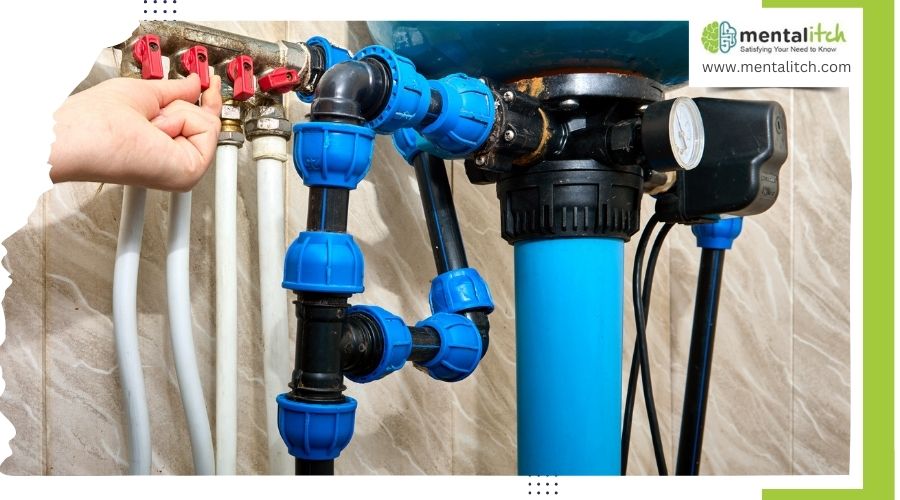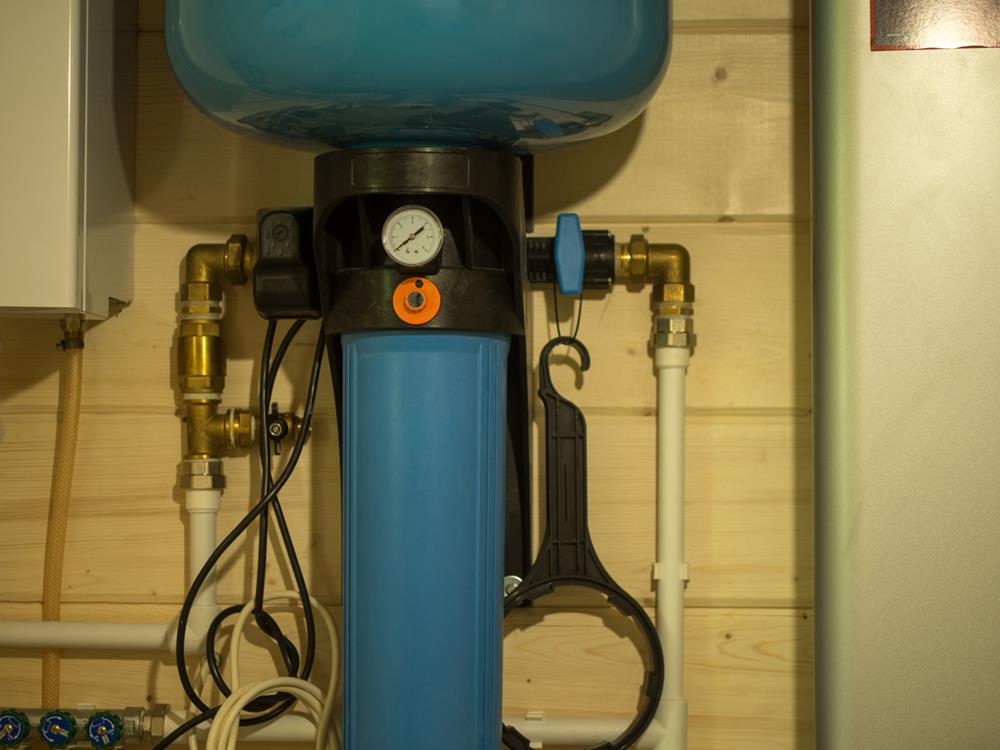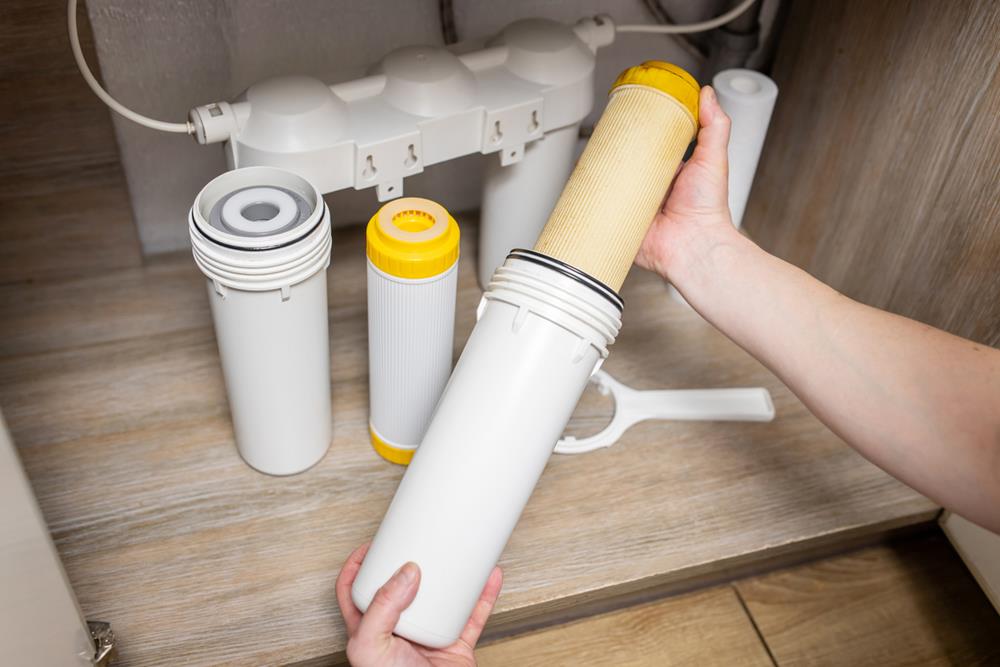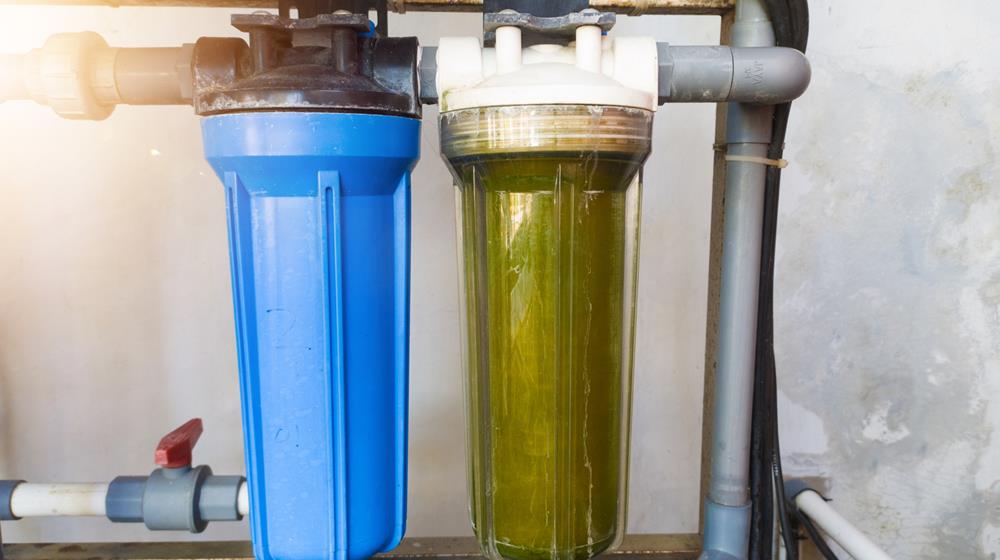Of late, whole-house water filter systems have gained popularity and appreciation thanks to the plethora of benefits they extend. Committed to keeping the water separated from contamination, these systems are a considerable investment for any household. There are 3-4 filtration steps involved in almost all the systems, and there exists an overwhelming variety in these setups. Hence, it becomes imperative to opt for the best whole-house water filter in order to ensure that the colossal investment pays off.
It is recommended you do proper research or seek the expert’s guidance before installing this system at your place. It is only after assimilating all the required knowledge that you will learn that, indeed, the vortex water filter is the best that you can install in your house or commercial property. Here are certain aspects that should be gauged before you pursue the purchase.
What are Whole House Water Filter Systems?
Whole house water filter systems, also known as point-of-entry (POE) systems, are a comprehensive solution for purifying water at the point where it enters a home. These systems are designed to filter all the water used throughout a house, ensuring that clean, filtered water is delivered from every tap and appliance. This includes water used for drinking, cooking, bathing, and laundry, providing homeowners with a blanket of protection against a wide range of contaminants.
These systems vary in complexity and size, but most operate by channeling incoming water through a series of filters before it reaches the household plumbing. The filters are tasked with removing or reducing unwanted substances, such as chlorine, sediment, heavy metals, and potentially harmful chemicals, that may be present in the water supply.
One of the key benefits of whole-house water filter systems is their ability to improve the overall quality of water at every use point in the home. This not only enhances the taste and odor of the water but can also lead to healthier skin and hair, protection for appliances from scale buildup, and extended lifespan of plumbing systems by reducing sediment and mineral accumulation.
Installation of a whole-house water filter system typically requires a professional setup, as it involves integrating the system into the home’s main water supply line. Maintenance requirements vary by system type and water quality but generally include periodic filter changes to ensure optimal performance.
What to Look for in Whole House Water Filter Systems
Choosing the right whole-house water filter system is crucial for ensuring that the water running through every tap in your home is clean, safe, and free from contaminants. With a variety of systems available on the market, it can be challenging to determine which one best suits your needs. Here are key factors to consider when selecting a whole-house water filter system to help you make an informed decision.
The Filter Capacity
It is imperative to determine the amount of water the system can filter and produce per hour and the amount of water wasted to produce the same. If the water consumption at the place is bound to be high, the reverse osmosis system should be avoided, considering its average filter capacity ratio of 1:4. This implies that for every 1 gallon of clean water produced, 4 gallons are wasted.
Carbon-based filters, on the other hand, are regarded as quite resourceful, with the least amount of water being flushed during the process. The next-generation technology filtration systems supersede them both in efficacy. It ensures that the quality of the filtered water matches the standards of the reverse osmosis system and the least amount of water is wasted.
The Nature Of Contamination
If you are planning to channel your savings to this substantial system, it is necessary to assess the water quality of your household and the types of contaminants the system is expected to fight. Thus, a reliable water quality report will guide you in the process. If the water has high levels of TDS, a reverse osmosis system will be most effective, and if there is the inadequacy or excess chlorine levels, a carbon-based filter will come in handy.
Filter Lifespan
The major determinants of the life of a filter system include its manufacturer, quality, model, the contaminants they are designed to remove, and its structure. These facets vary considerably from one type of filter to another. While a pre-sediment system needs to be replaced within 3 to 6 months, a carbon-based filter can remain worthwhile for 6 to 12 months, depending on the use. Conversely, the membranes of an RO system need to be replenished once every two years. Comprehensive research will furnish you with all the required information on this subject.
System Size
Since the system has to filter water right at the beginning, the system needs to be installed at the supply point of the house before it reaches the heating system. You need to set aside a place for the setup, which keeps the system reachable for replacement purposes. Two main factors that need to be measured in this respect include the physical size of the filter and the space available. A proper look at the filter’s model and the manufacturer can give you the necessary insight into the size concerns.
Certifications
It is vital to ensure that the filters uphold certifications from WQA or NSF International. Systems certified by WQA reassure the customer about the integrity of the manufacturing company and the effectiveness of the product in removing the contamination. Moreover, it assures that all the ethics and values laid down by WQA are being followed.
An NSF certification can be attained after rigorous testing, auditing, and confirmation from a third party regarding the product’s compliance with the prevalent standards of safety, quality, and function. These certifications duly reflect on the suitability of the product for your household.
Seek Help From Professional Reviews
It is indispensable to skim through reviews of different products before opting for the best whole-house water filter system. An upright review walks you through all the substantial parameters of a product, systematically giving the necessary details. The most prominent specifics involve the name of the manufacturer, the size of the product, its functions, its special features, and its durability.
If you are looking for an informative site that diligently walks you through the process of choosing the right filtration system, WaterFilterGuru.com is one of the most enlightening sites. Besides ensuring that the consumers are made aware of what is important, the site enunciates the different attractive features of every filtration system. If you wish to furnish yourself duly before making a significant investment in the whole house filter system, assistance from WaterFilterGuru.com can prove to be helpful.
Interesting Facts About Whole House Water Filter Systems
Whole house water filter systems play a crucial role in providing clean, safe water for everyday use, yet there’s a wealth of fascinating details about these systems that often go unnoticed. Beyond their primary function of water filtration, these systems harbor intriguing aspects that underscore their importance and innovation. Here are some interesting facts about whole-house water filter systems that highlight their unique benefits and complexities.
- History of Innovation: The concept of water filtration is not new and dates back thousands of years, with ancient civilizations using crude sand and charcoal filters. The evolution to modern whole-house systems reflects centuries of innovation aimed at improving water quality.
- Environmental Impact: By reducing the need for bottled water, whole-house water filter systems play a significant role in minimizing plastic waste and conserving resources. An average system can prevent thousands of plastic bottles from ending up in landfills over its lifetime.
- Health Benefits: These systems can remove contaminants that are harmful to health, including lead, which can cause developmental issues in children, and chlorine, which has been linked to certain health conditions. The filtered water is not only safer but can also have a better taste and odor, encouraging hydration.
- Economic Savings: While the initial investment might seem high, whole-house water filter systems can lead to significant savings over time. They protect appliances from scale buildup and prolong their lifespan, reducing maintenance and replacement costs. Additionally, they eliminate the ongoing expense of buying bottled water.
- Protection During Emergencies: In times of environmental contamination or a disaster that compromises water quality, having a whole-house water filter system can provide an essential line of defense, ensuring that the household water supply remains uncontaminated.
- Customization Options: These systems can be highly customized to address specific water quality issues in a home. From UV purification for eliminating bacteria and viruses to specialized filters for tackling hard water, the system can be tailored to meet the unique needs of each household.
- Supports Healthy Skin and Hair: By removing chlorine and other chemicals from water, whole-house filters can have a noticeable impact on the health of your skin and hair. Filtered water helps maintain moisture, reduce dryness and irritation, and improve overall skin and hair health.
- Improves Indoor Air Quality: Chlorine and other volatile organic compounds (VOCs) can evaporate in shower steam, contaminating indoor air. Whole house water filters reduce these contaminants, thereby improving the air quality inside your home.
- Longevity and Durability: Modern whole-house water filter systems are designed for durability, with some models capable of filtering millions of gallons of water before needing major maintenance or replacement. This makes them a long-term investment in the quality of your home’s water supply.
- Increases Home Value: Installing a whole-house water filter system can increase the value of your home. Clean, safe water is a desirable feature for homebuyers, making it a wise upgrade for those looking to sell in the future.
Conclusion
In summary, investing in a whole-house water filter system is a significant step toward ensuring the health and well-being of your household. The choice you make will impact not only the quality of your water but also the overall quality of life for you and your loved ones. By considering factors such as filtration effectiveness, flow rate, maintenance requirements, certifications, cost, size, and compatibility with your home, you can make an informed decision that aligns with your specific needs and preferences.
Additional Suggestions
- Unfiltered water can sometimes cause skin diseases, so it is always best to use filtered water, especially for bathing.
- Bathing and washing your hands with water that contains high amounts of chlorine is sometimes unsafe if you have sensitive skin. So, instead of using chlorine to purify or clean the water in your home, it would be better to just have a whole-house water filter system.
- Many shower filters that are reviewed by experts are considered to be the best in terms of features and functionality.




